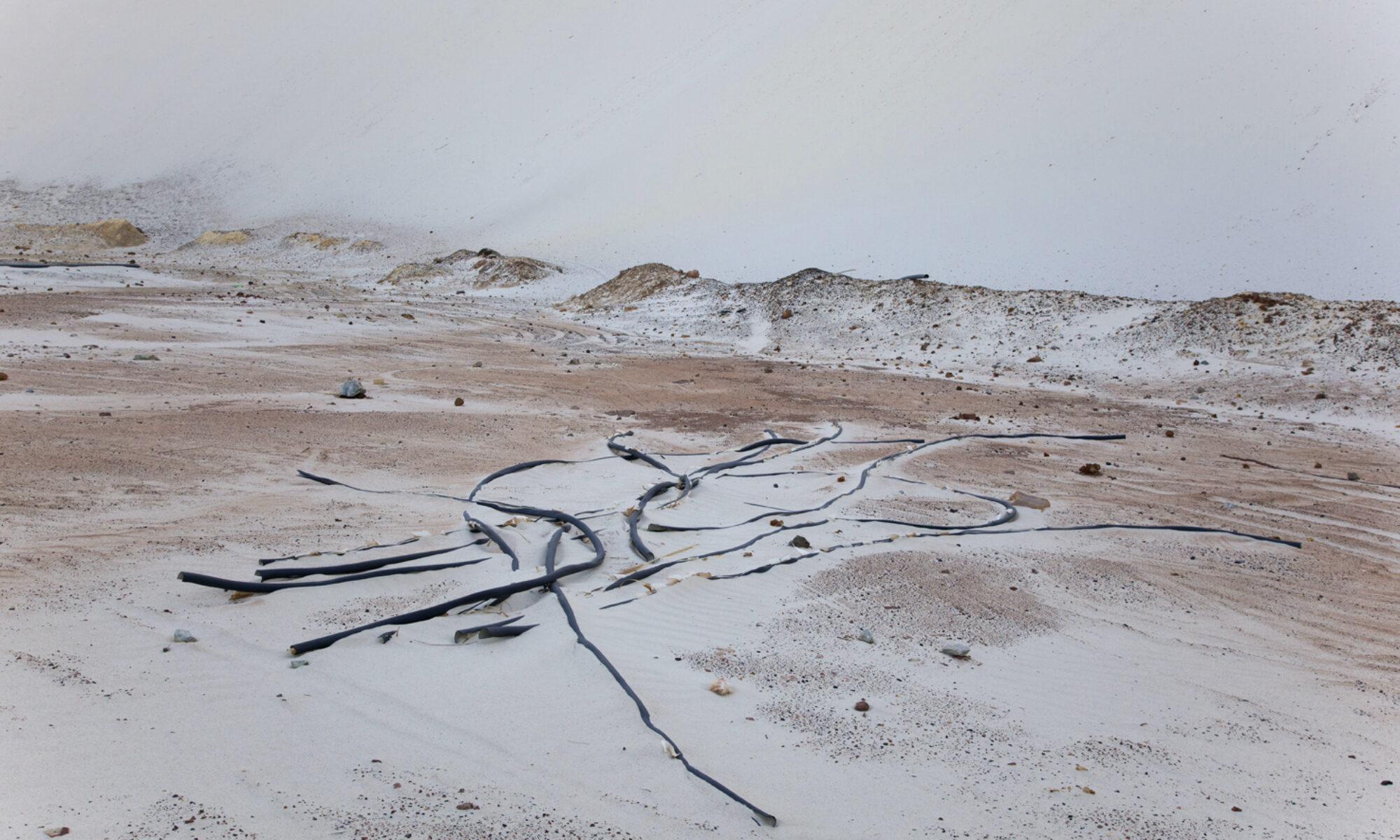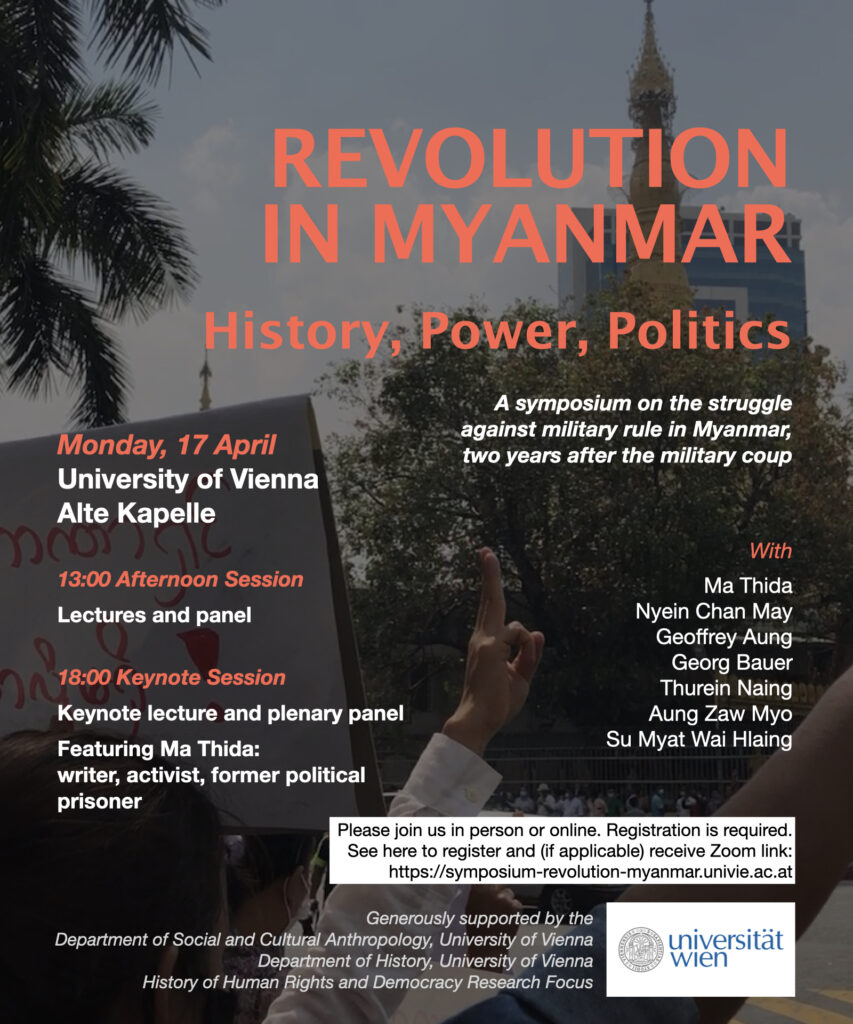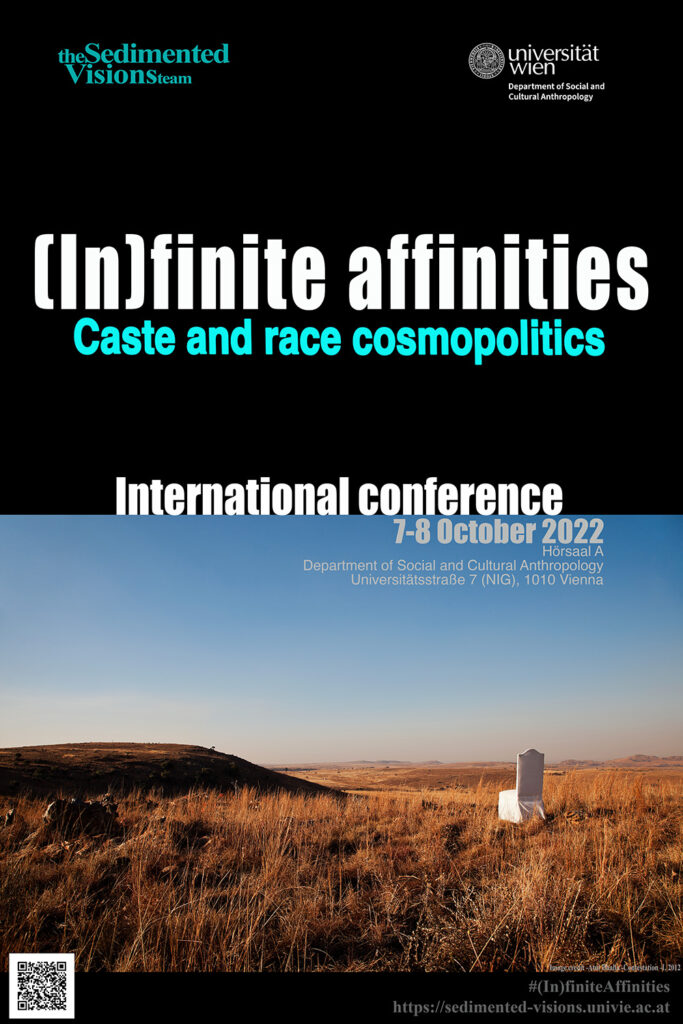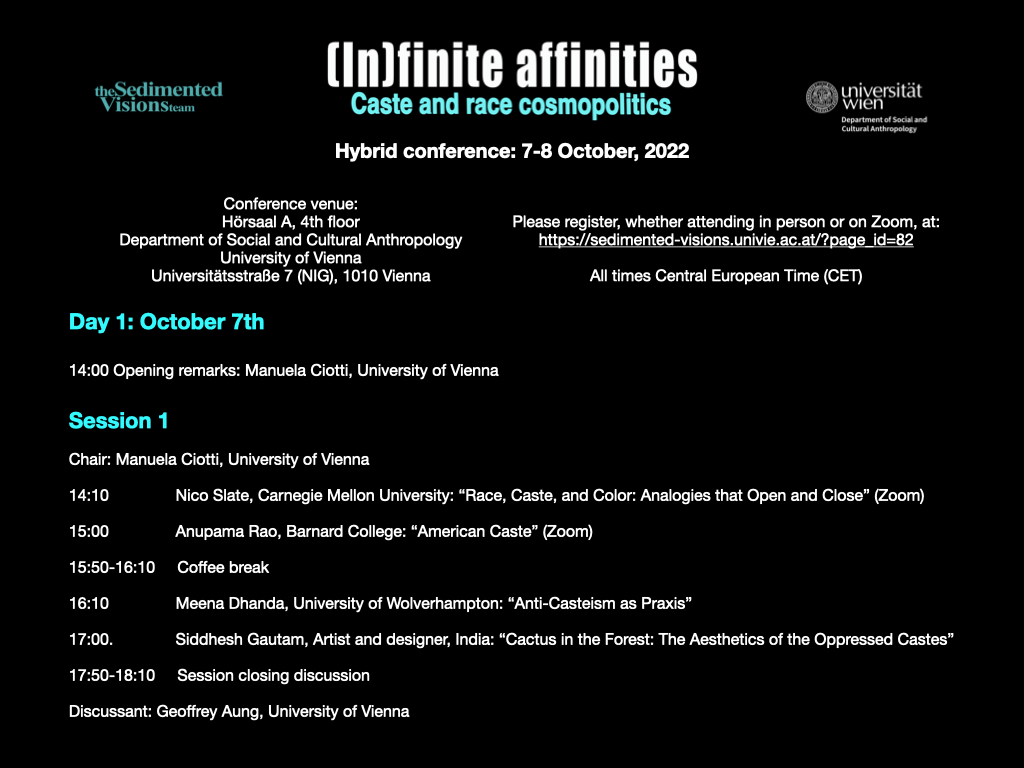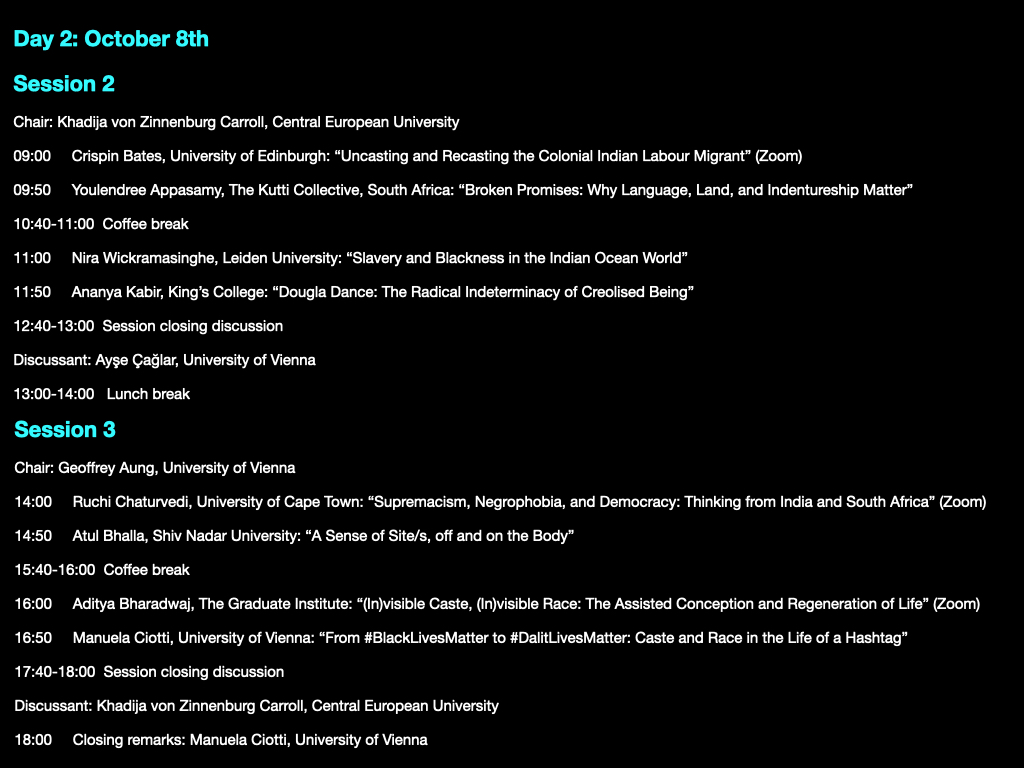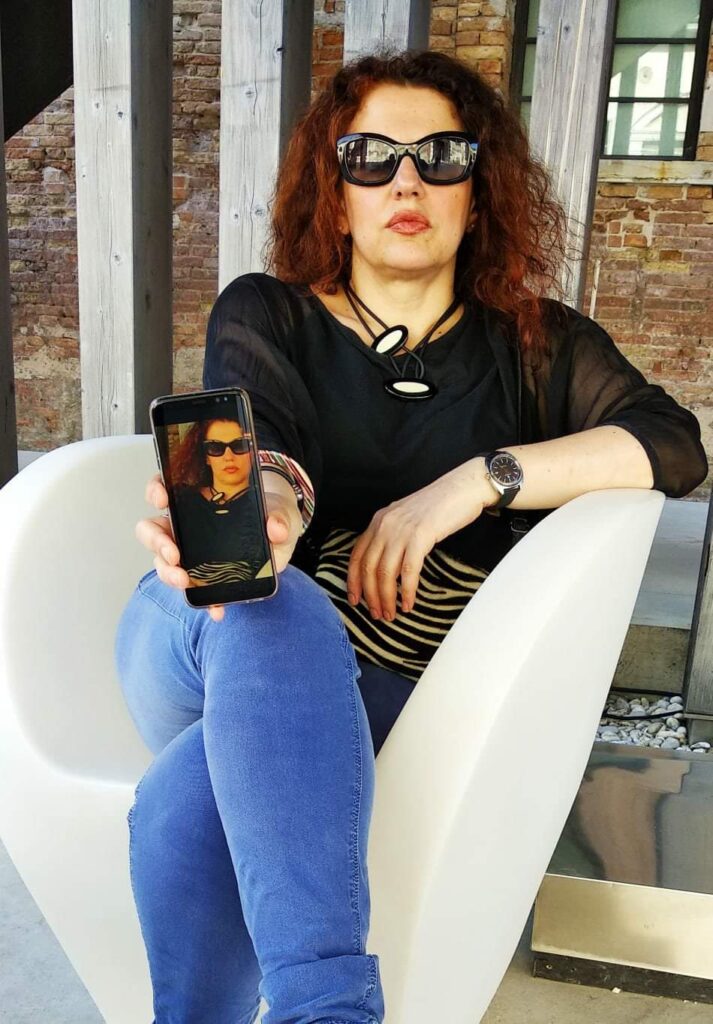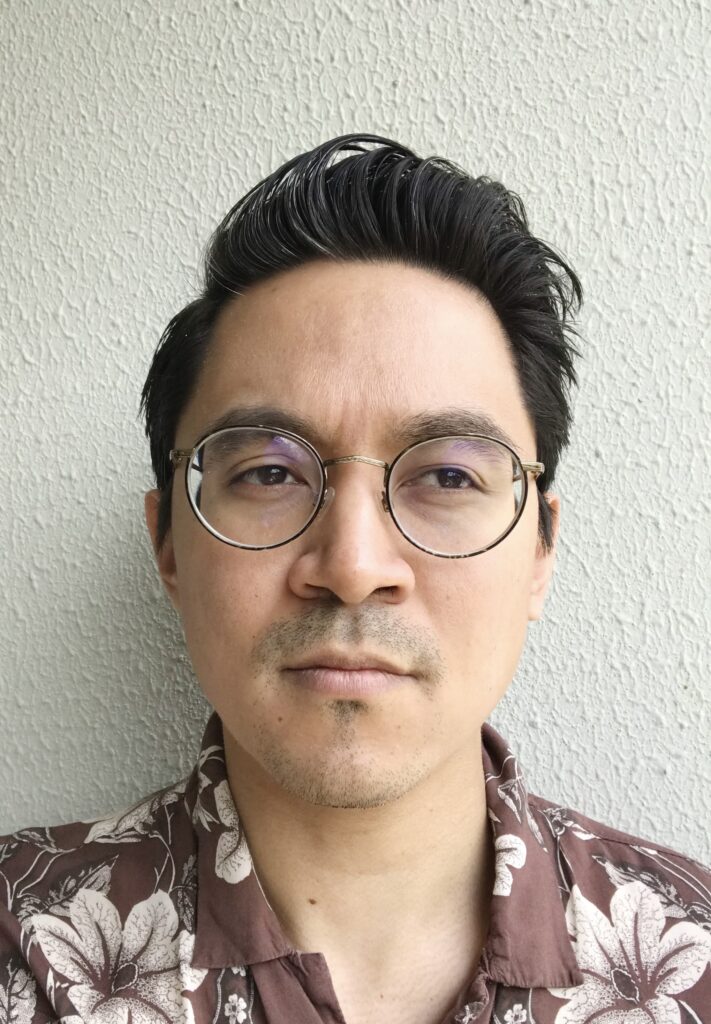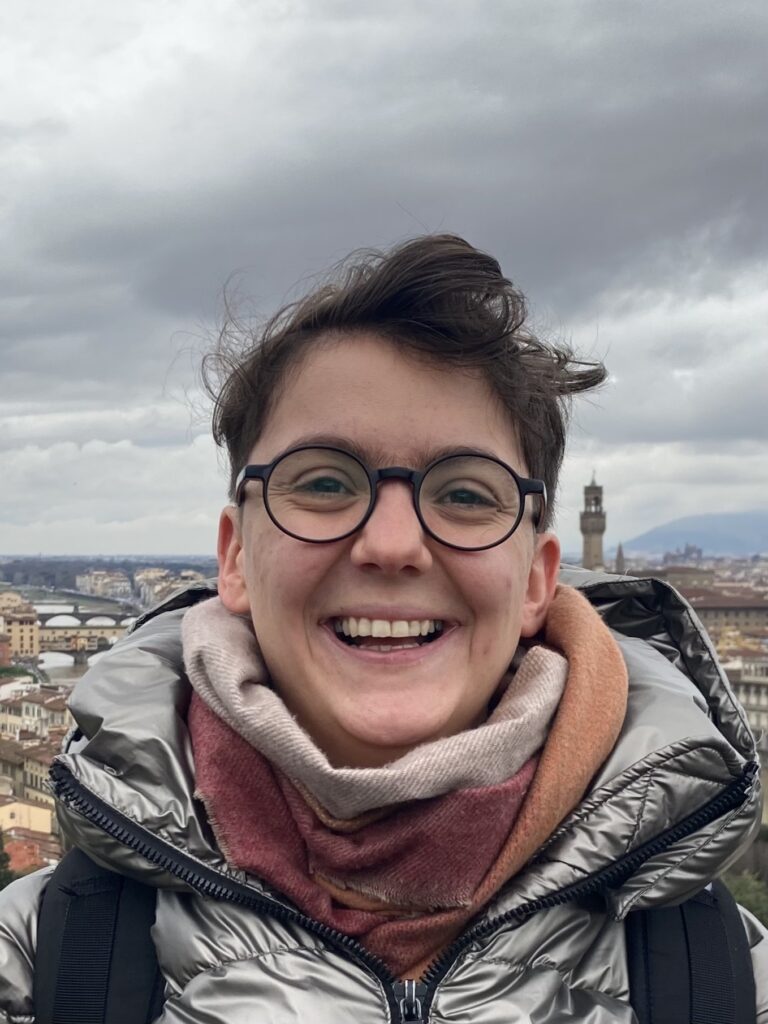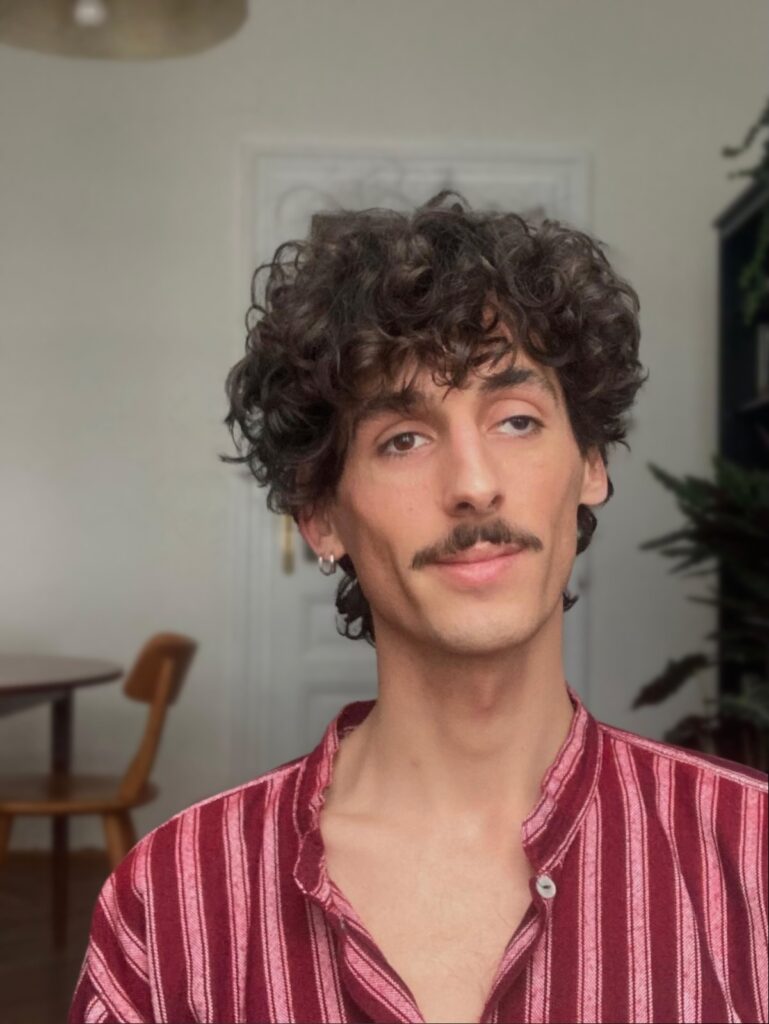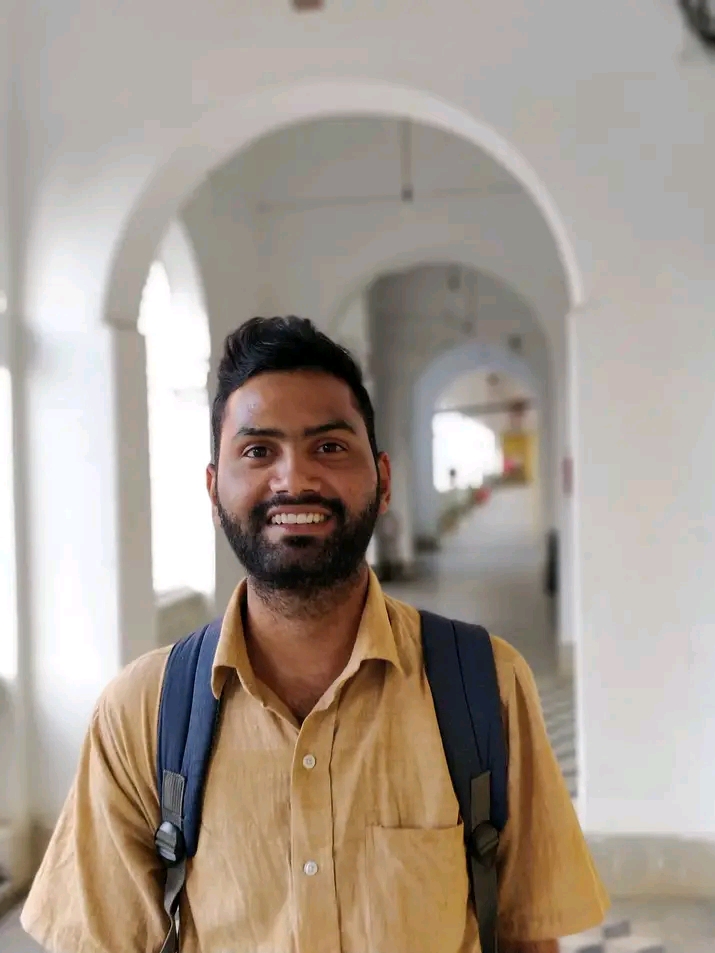Sedimented Visions is a research team based at the University of Vienna’s Department of Social and Cultural Anthropology. Our research ranges across the study of the production and circulation of art objects from India; biennales as proliferating cultural forms that re-territorialize art world histories “in progress”; logistics and infrastructure projects as sites of both powerful aesthetic claims and urgent political struggles on Asia’s capitalist frontiers; Romani art as a practice of unsettling and reclaiming understandings of Romani social worlds, from questions of historical memory to contemporary movements; and the place of concrete in making and unmaking urban futures in Dakar, at the interstices of government bureaucracy, major construction companies, and a dynamic built environment.
Distributed across these multiple settings—from metropolitan art worlds to emergent extractive frontiers, from changing imperial cores to the retro-modern postcolony—the team shares a dual research commitment. On one hand, we understand our research objects as sedimented. Whether the Venice Biennale or the trade corridors cutting across Myanmar, their present contours reflect historical processes of layering and depositing; they inherit racialized and colonial temporalities, compressed into a complex ancestral present. Yet the people and processes to which we attend are also demonstrably forward-looking. Struggles against infrastructure projects take the form of collective self-fashioning; Romani artists strive to imagine and bring into being decolonial futures; Dakar’s urban residents envision social worlds that are more than a mirror of their concrete environs. These are visions of alternative futures at the crossroads of historical, material, and aesthetic social forms.
Our research ethics is informed by colonized peoples’ right to self-determination. We stand against war, genocide, ethnic cleansing, and all crimes against humanity wherever they may occur.
